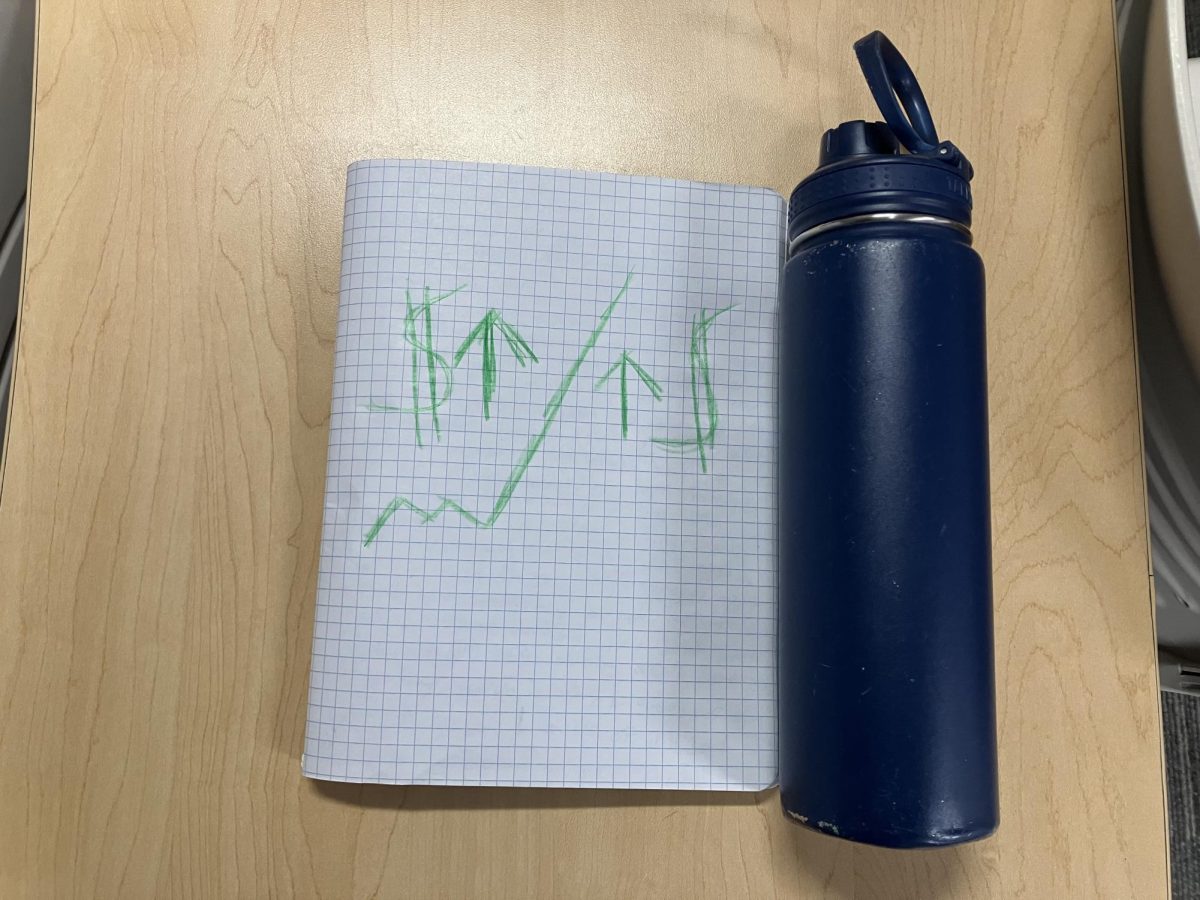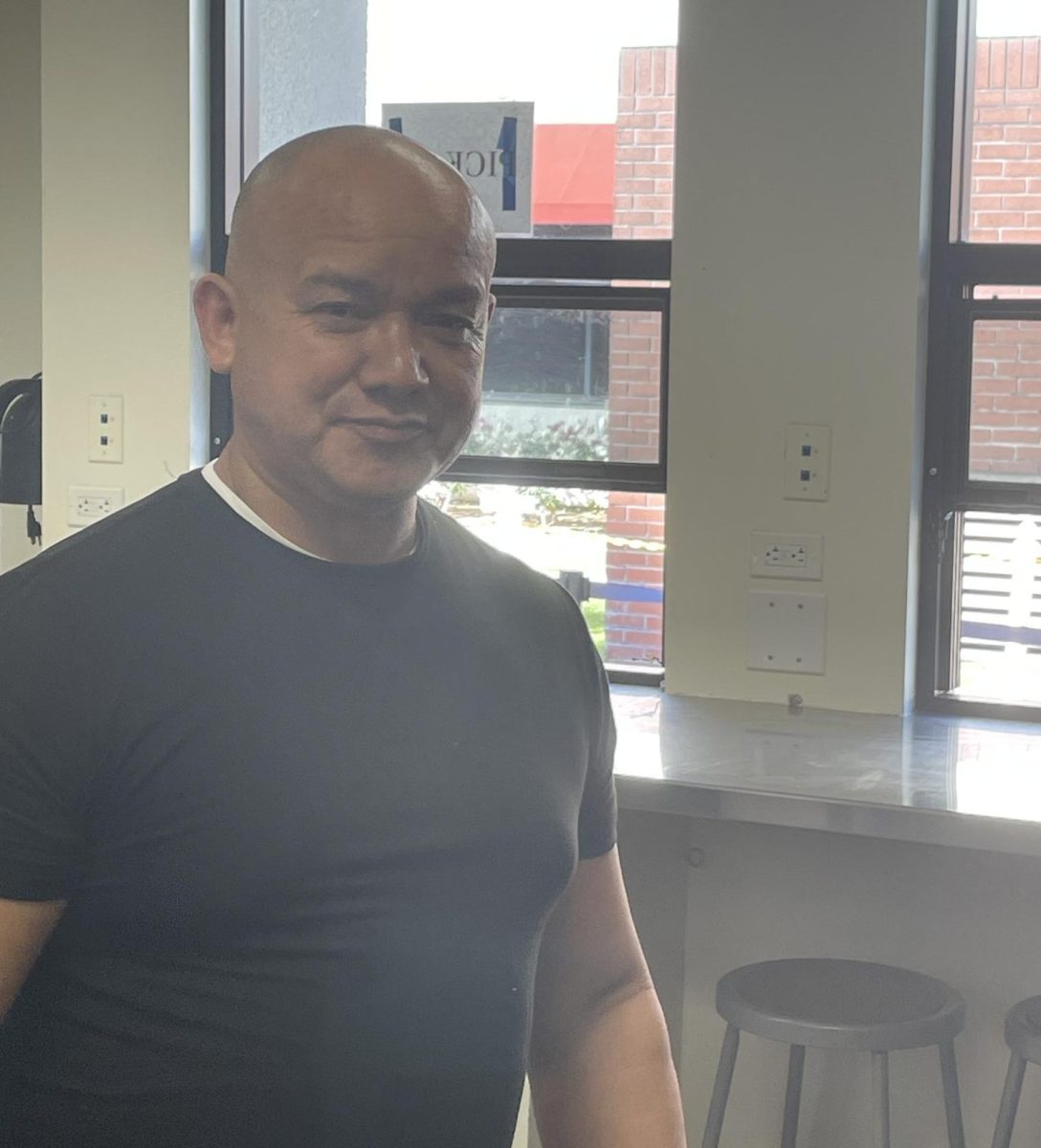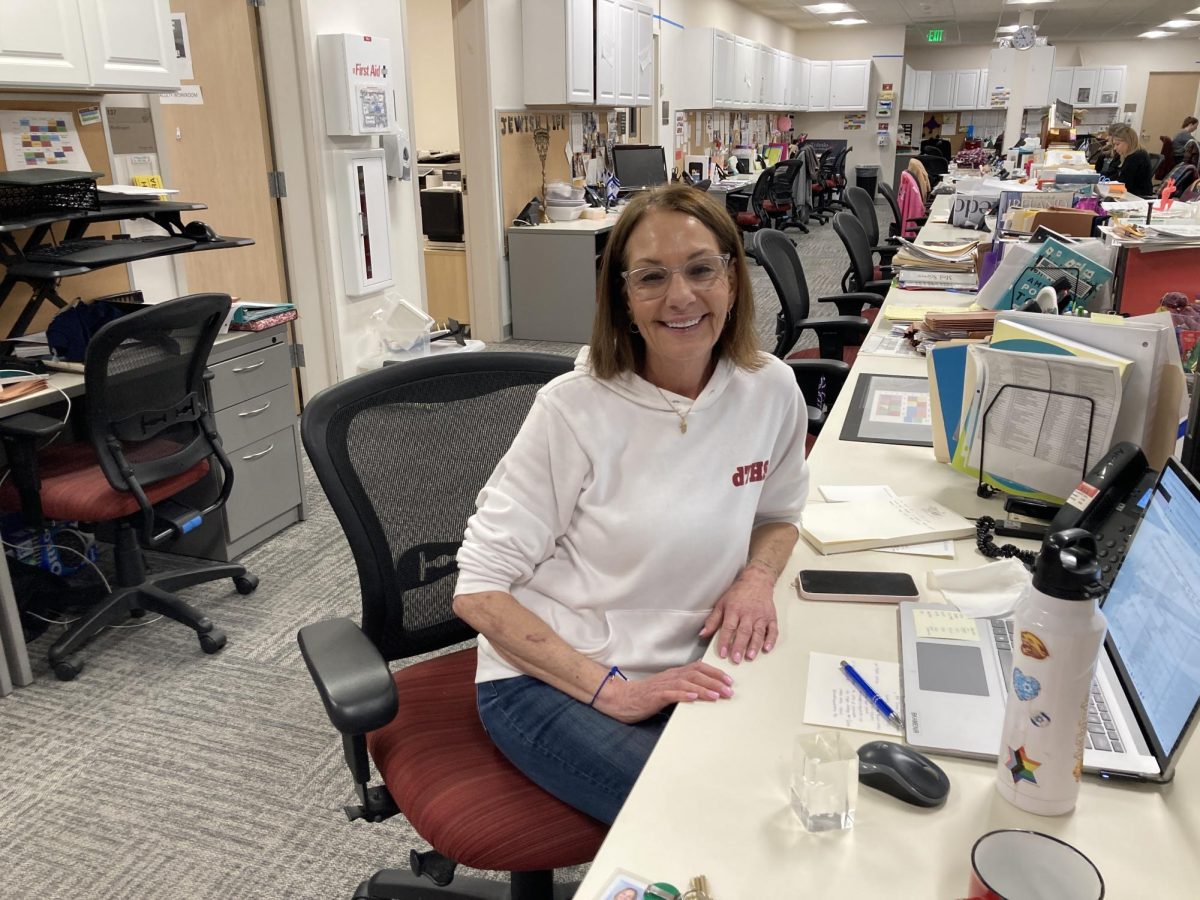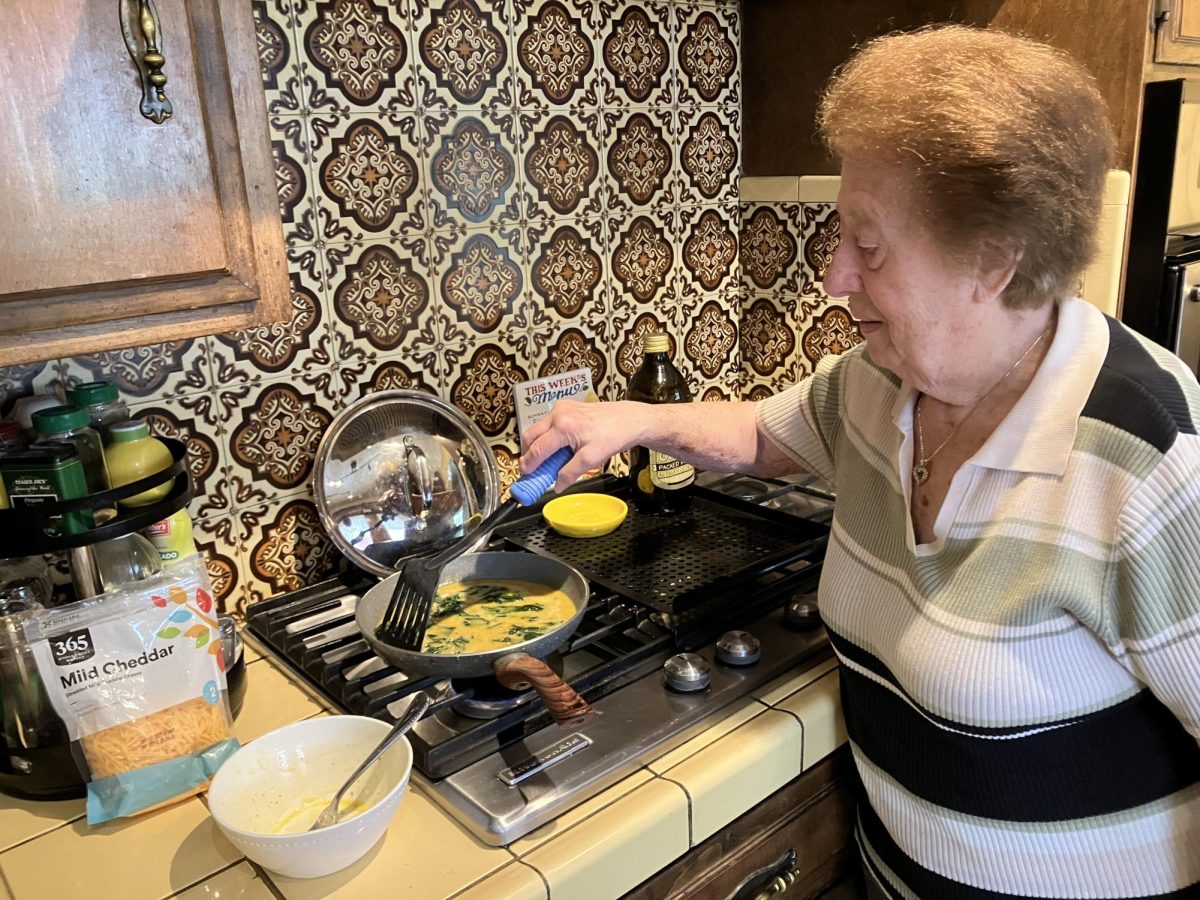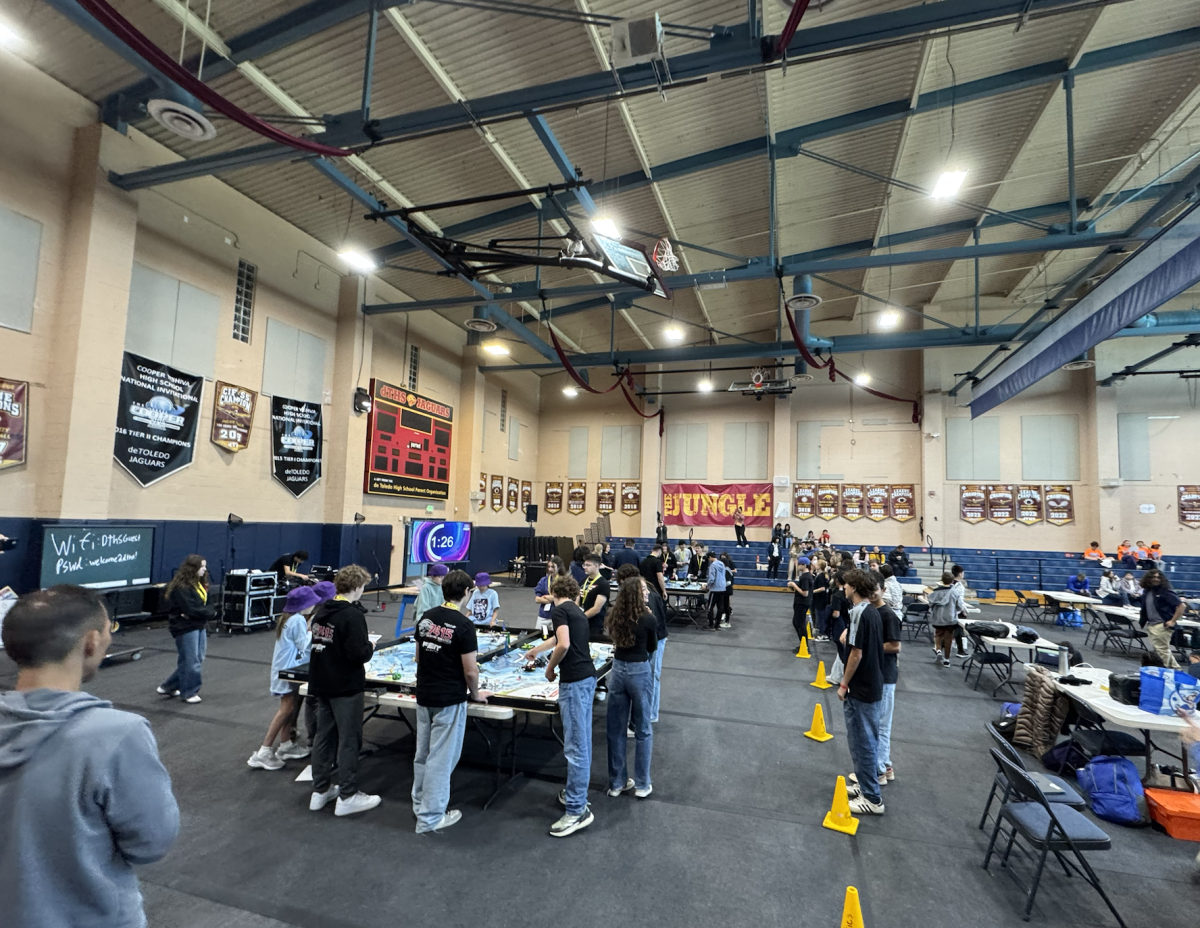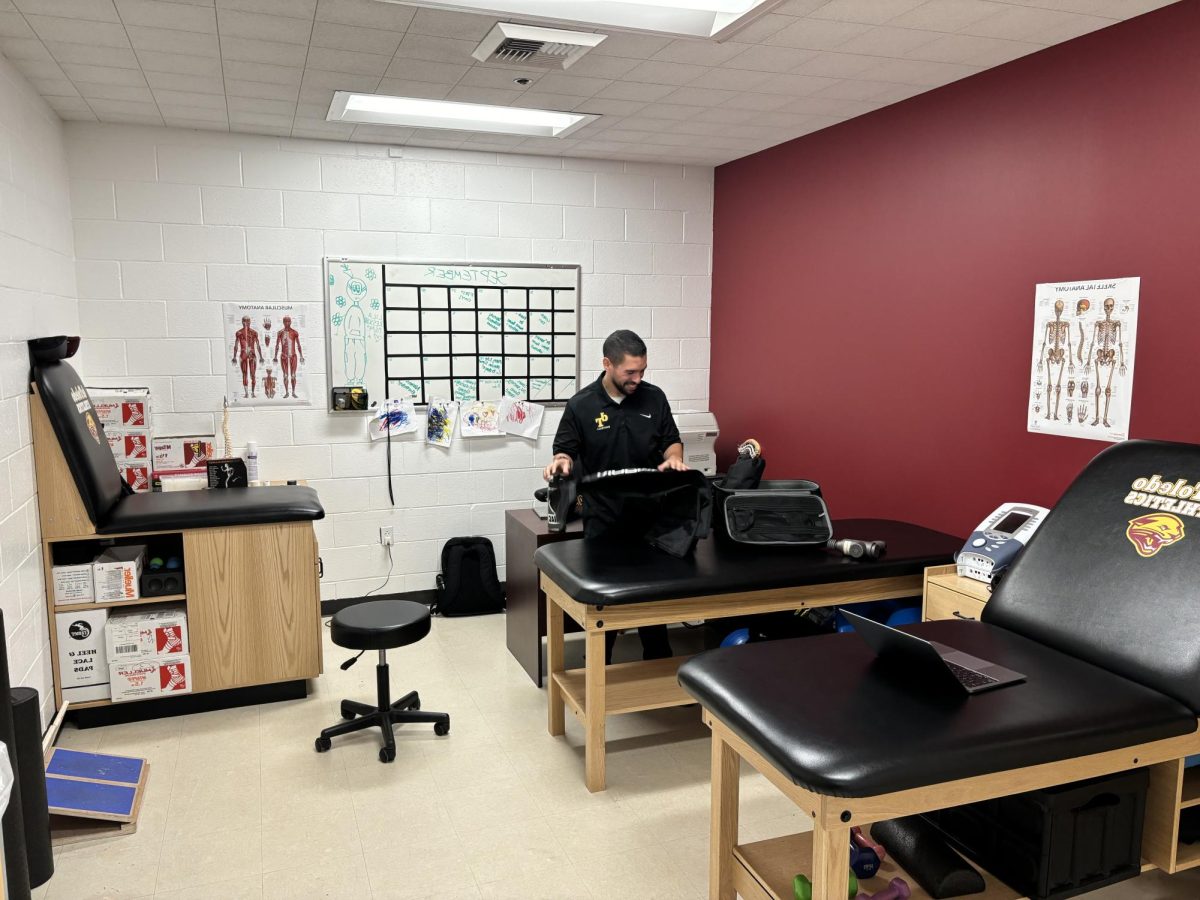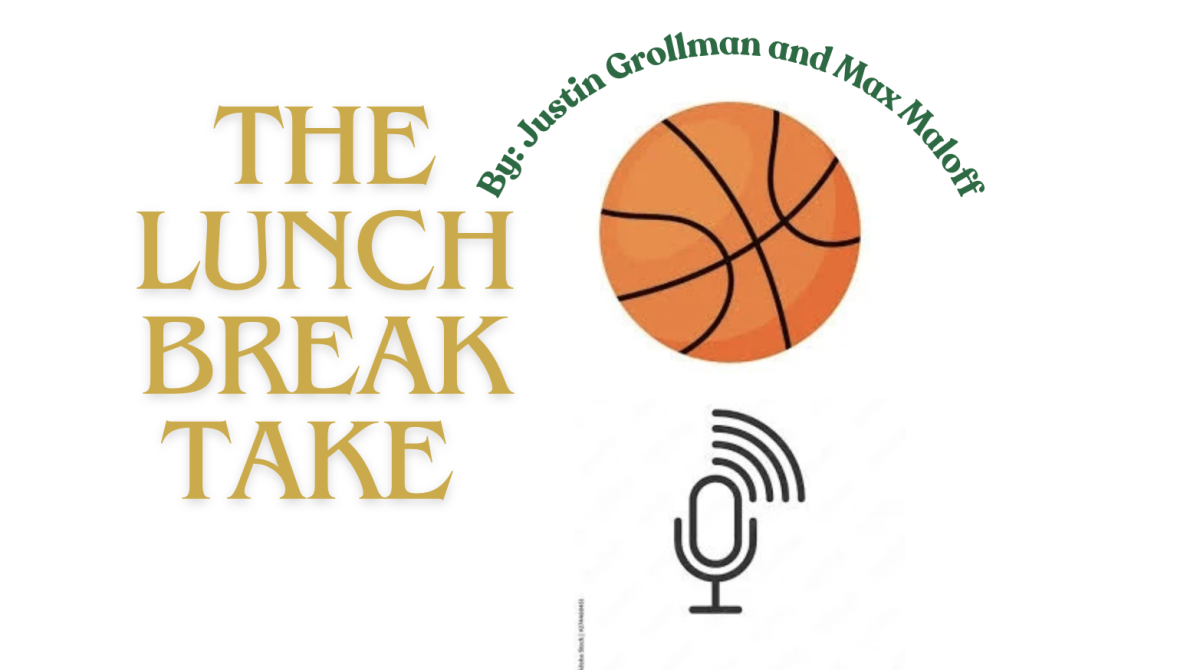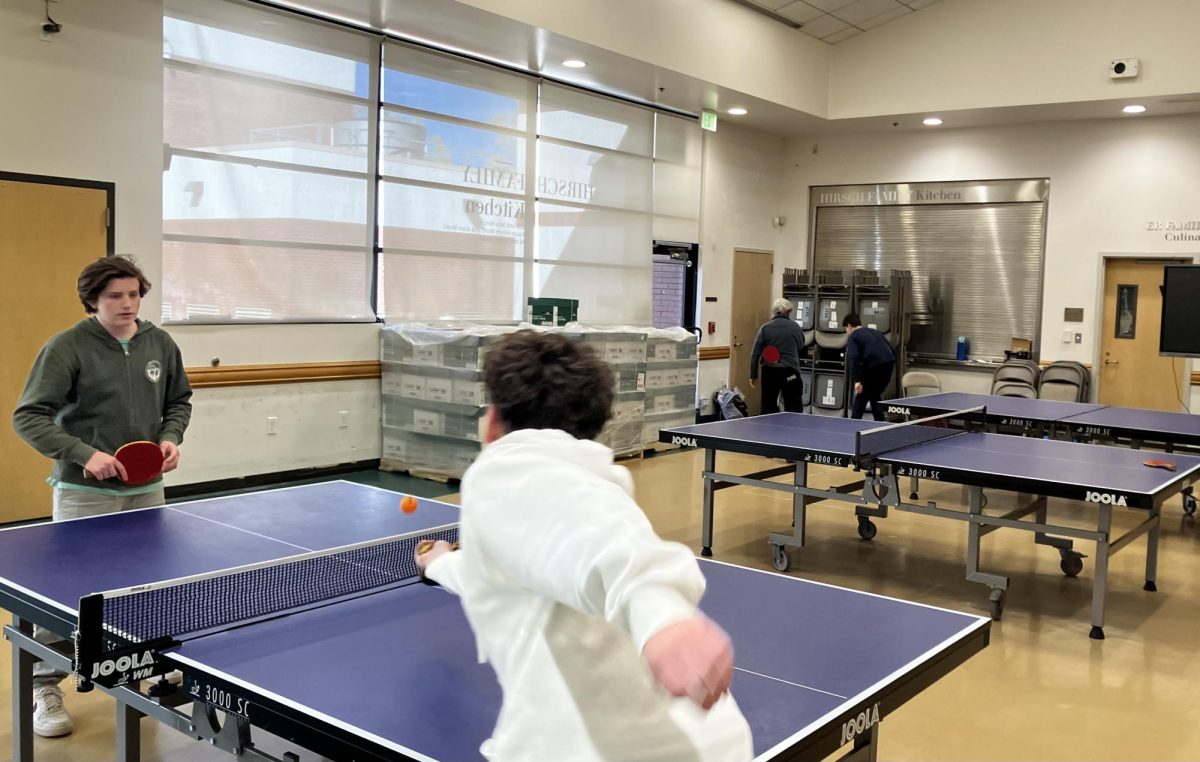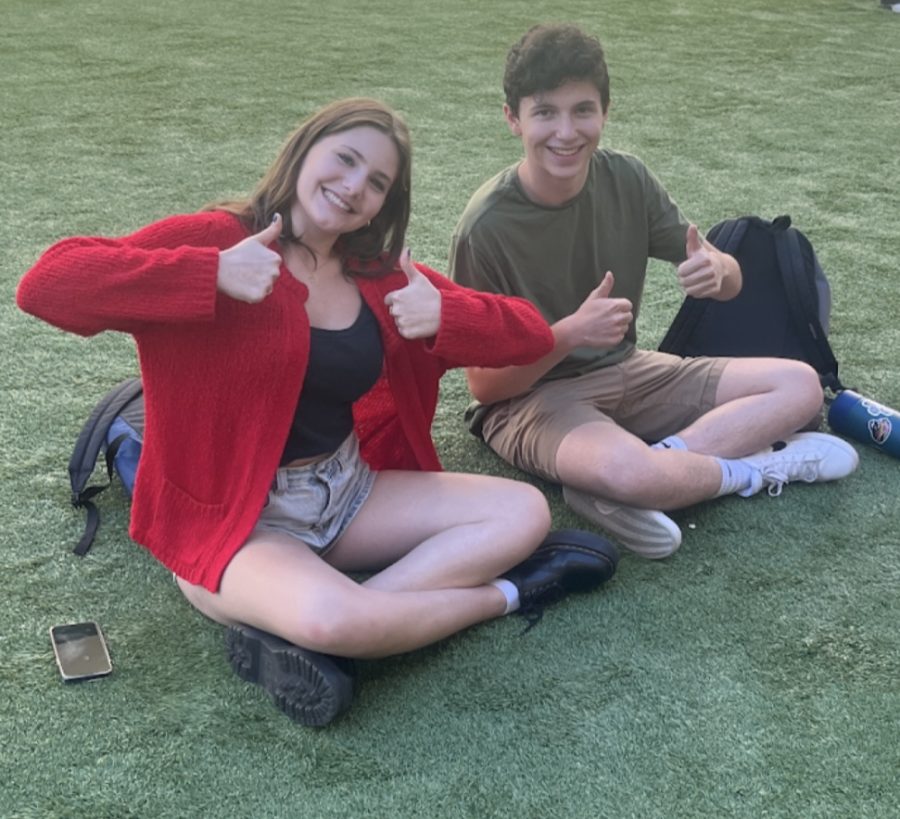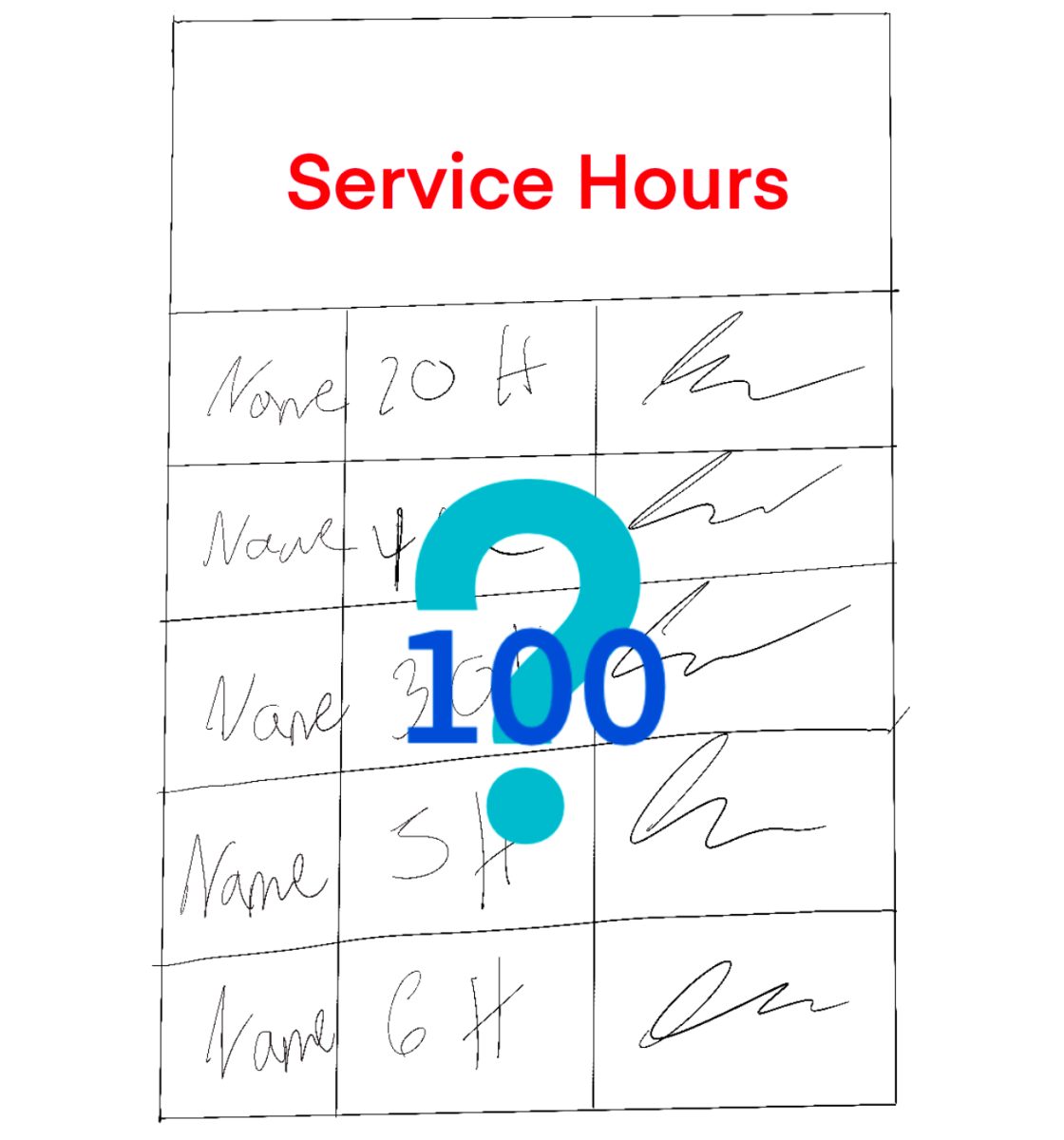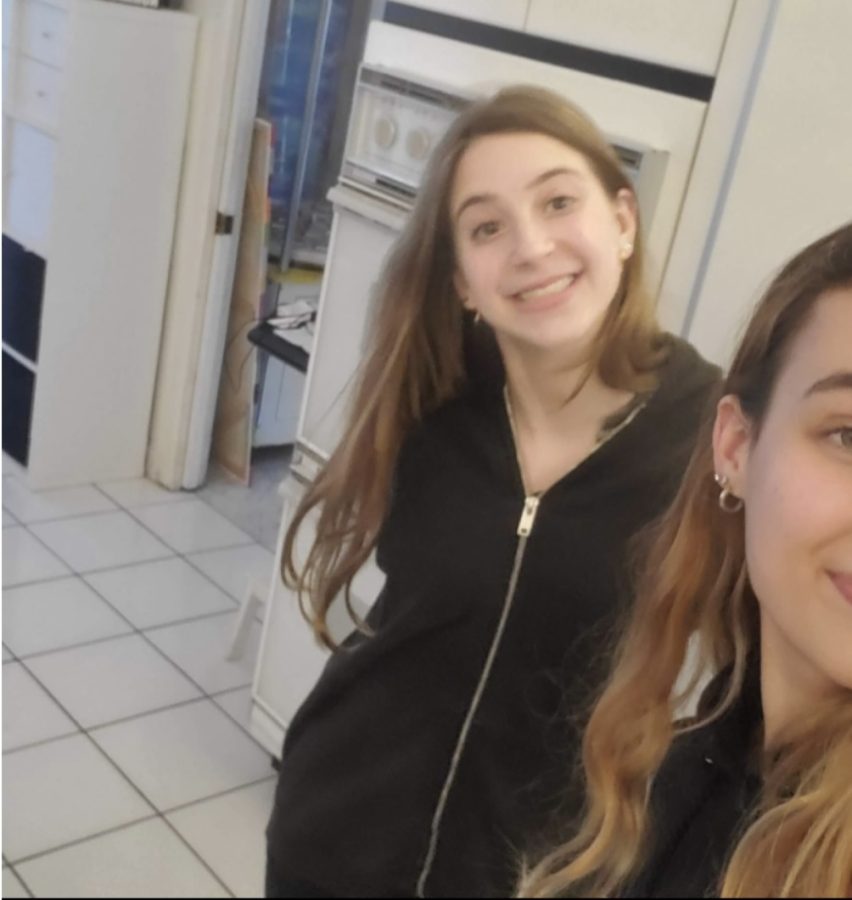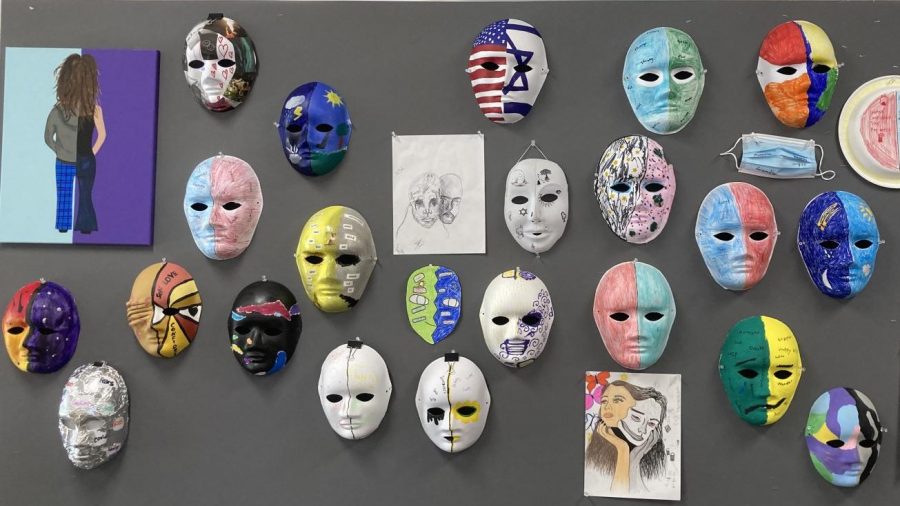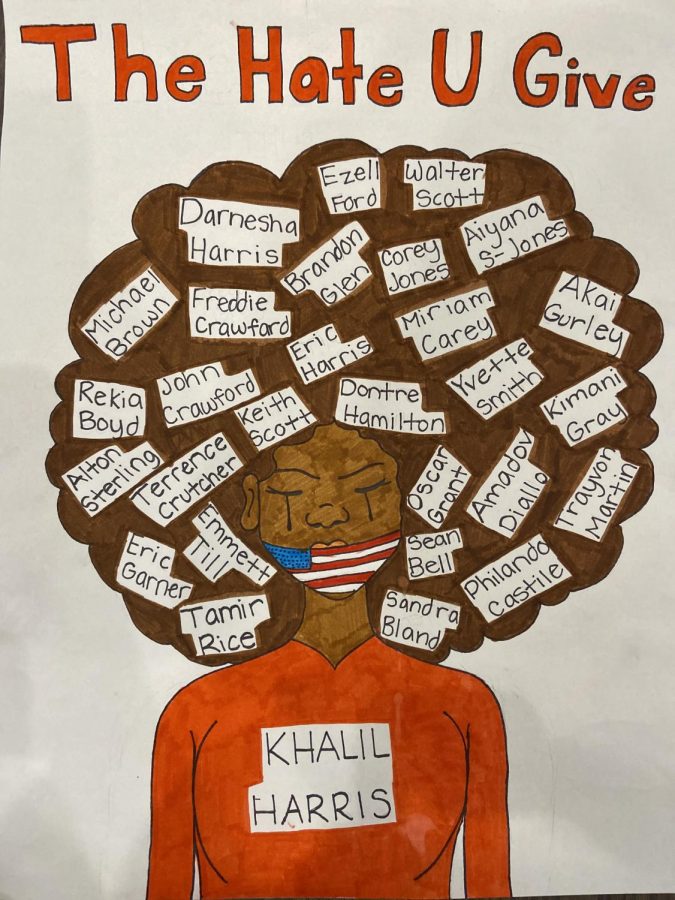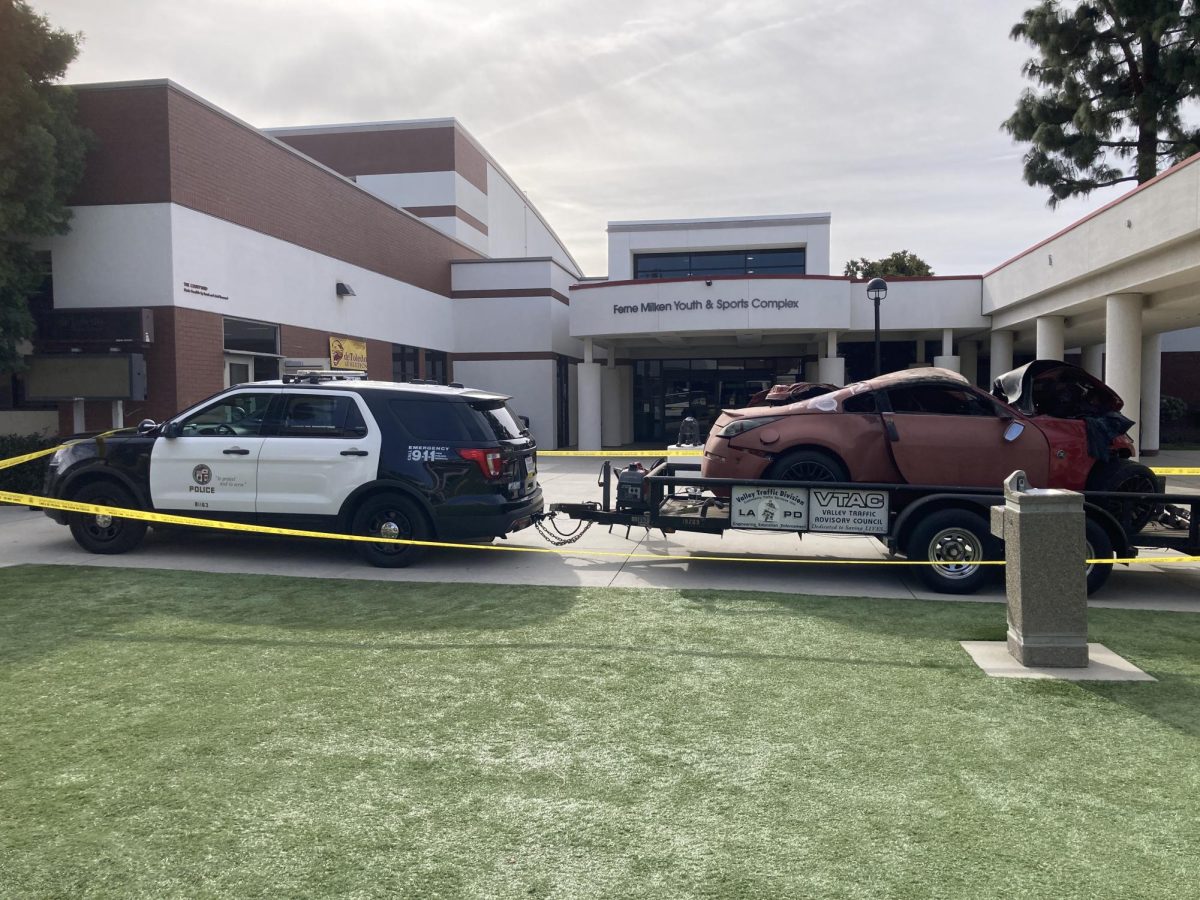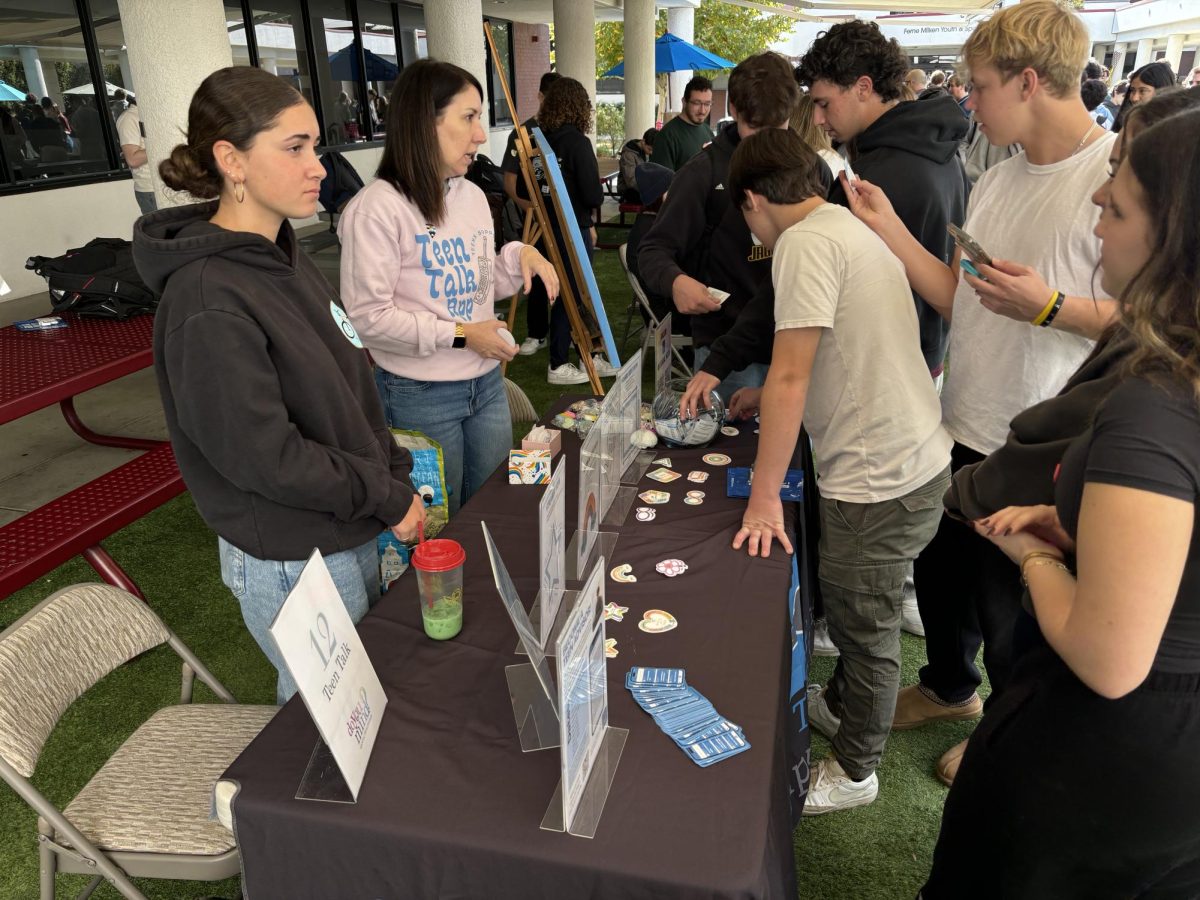Why We Need to Say ‘No’ More
‘Setting boundaries is empowering’
The opinions expressed in this article are the author’s own and do not necessarily represent the views of The Prowler.
I’m what’s called “a people pleaser.” Many times I put other people’s needs before my own or ensure other people’s happiness before ensuring my own. Of course, I still have opinions and preferences – opinions and preferences that I am, in fact, generally outspoken about – but when it comes to other people’s feelings, I assume responsibility. So, I laugh at jokes when they’re not that funny, I apologize or accept fault when I know I’m not to blame, and, most importantly, I almost never say the word “no.”
Maybe this is just me. Maybe my fear of letting others down with a simple two-letter word is not relatable, but Psychotherapist F. Diane Barth doesn’t seem to think so.
In a 2017 Psychology Today article, Barth writes that many people struggle with the art of saying “no.” She claims this struggle comes from our “fear of conflict” or fear of “disappointing or hurting someone” – fears which may have cultivated from our childhood. As children, we are generally told to listen to authority – to obey what our parents, teachers, and others in power tell us to do – in order to gain love or appreciation. This lesson of compliance teaches us that we may lose the people important to us if we do not do what they ask of us.
So we take the idea that “no = bad” into adulthood. We make plans when we would rather stay in. We commit to projects we know we are too busy for. We eat food when we really aren’t that hungry. And forget meals or projects. Our resistance to “no” can carry into even more important aspects of life – our personal relationships, our professional decisions, or our sexual encounters.
Saying no is not a bad thing. According to Kristin Wong in a 2017 New York Times article, “Why You Should Learn to Say No More,” the ability to communicate “no” reflects that we are in the “driver’s seat of our own lives.” And we should be in the driver’s seat of our own lives. It is, in fact, our lives. Setting boundaries is empowering. It is not a deficiency of our success or progress in a particular sector of life and it is not a rejection of others. Saying no is merely a choice – a choice to listen to yourself.
So I don’t want to compromise myself for what I think others expect of me anymore. To develop the balance between opting in and opting out is to have a strong sense of self, and don’t we all want that? I’m learning when and how to say “no” more often, and I hope you do too.
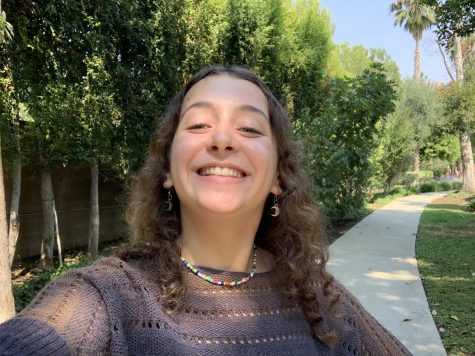
Hi! I’m Eliana Chasen. I’m a junior, and I’ll be writing for The Prowler this year. When busy procrastinating work for this class and others like...

